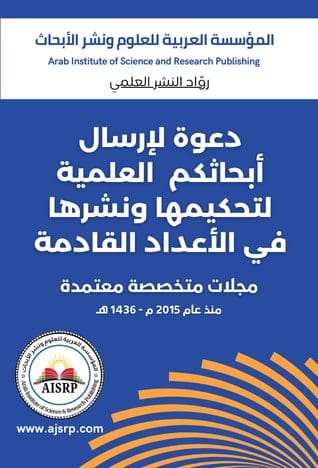Abstract
The present study aimed to assess the impact of textual analysis on translation competence and attempts to investigate textual analysis as an essential phase in the translation process. Moreover, it claims that any translation competence is reached through three phases: analysis, transfer, and restructuring as Nida has stated. In addition to that, this study extends over the ideas and theoretical frameworks of textual analysis made by many scholars to ease comprehending the text to be translated. The researcher used the analytical descriptive approach in line with the field of the study. This approach describes the participants’ feedback and data to assess translation competence. Then the researcher prepared a survey of 8 items as a tool for data collection. It conducted on 30 trainees and students of translation at Gassim University during the second term of the academic year, 2015. Moreover, the data were collected from various resources including the internet, encyclopaedias, and translation references together with the survey. After the analysis, the study reached some findings. The results of those findings and data analysis showed that textual analysis influences the translation quality and enhance translators’ competence. A 67% of students were confident that the role of textual analysis in reaching translation competence. Based on these findings, the researcher presented some concluding remarks and recommendations. Finally, the study concluded that textual analysis enhances translator’s skills and competence.
Keywords: text, textual analysis, translation competence, componential analysis, genre, register.
Authors
Siddig Ahmed Ali
College of Arts and Science, Gassim University



